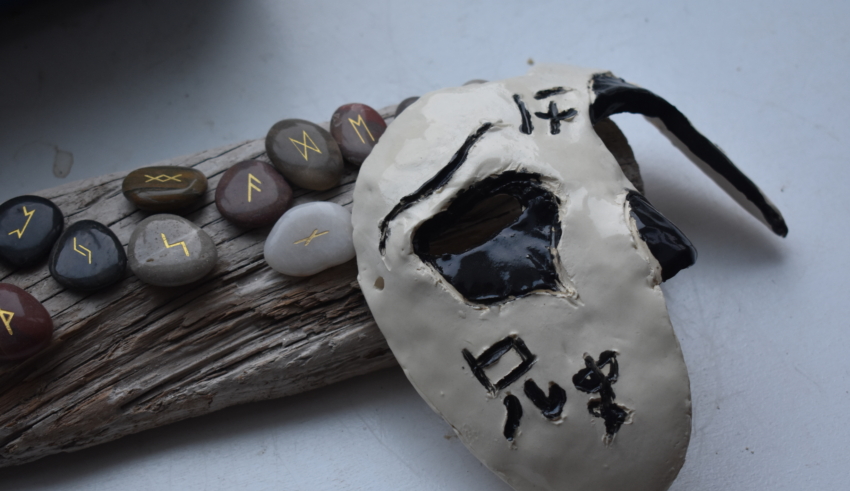The Shattered Tin Man Midst the Shock and Awe in Mid-21st Century Societies I: Shattering and Shock
I have written a series of essays that feature the Tin Man from the Wizard of Oz, along with his colleagues in Oz and several real-life therapists who I bring in to treat the Tin Man (Bergquist, 2023a, Bergquist, 2023b, Bergquist, 2023c). Furthermore, in association with my colleague, Kevin Weitz, I have written a series of essays (Bergquist and Weitz, …





















Nilgun Yetis: Hi I do not get the. brain worksheet as you ay download free on your article. co...